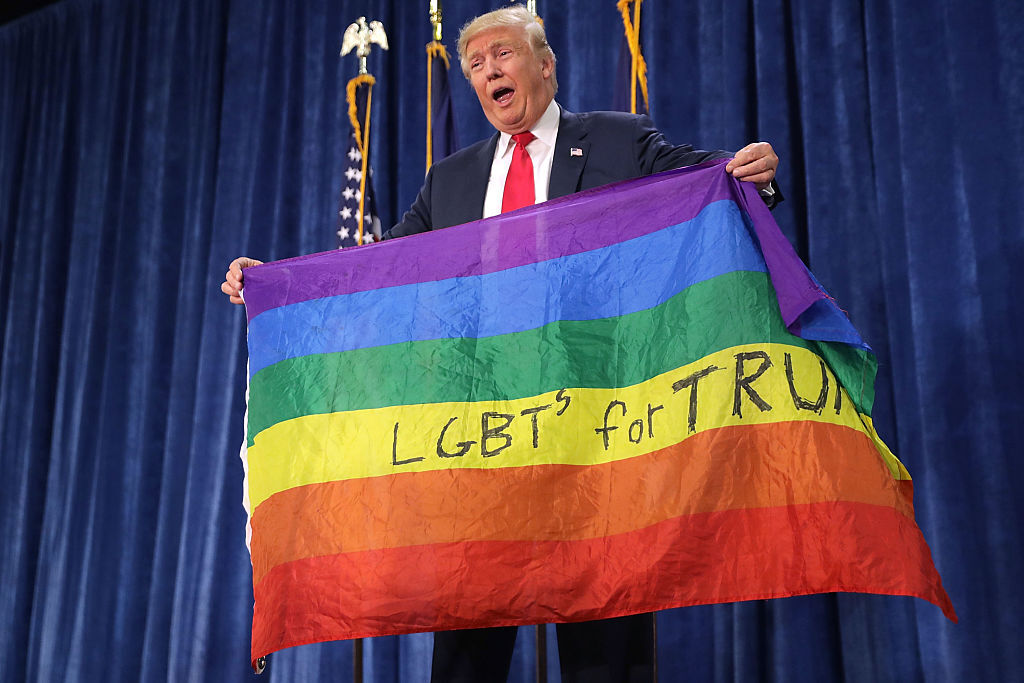The Trump administration is preparing to repeal an anti-discrimination policy preventing bias against trans people in federally funded medical centers.
On Saturday, the Department of Justice confirmed to the New York Times that it had submitted a draft proposal repealing an Obama-era rule blocking insurers and care centers from discriminating against transgender individuals. Although the policy is specific to practitioners which receive federal funding, an overwhelming majority of health providers in the U.S. are recipients of government money.
Thus, the 2016 guidelines had broad reach across the countryhailed as a major step forward for a population which is subjected to widespread prejudice. Nearly one in five trans people (19 percent) claim to have been refused healthcare outright due to their gender identity.
After nine states filed suit to block the Obama policy, U.S. District Judge Reed O’Connor blocked it through a temporary injunction in December 2016. He claimed federal civil rights legislation didn’t cover trans people.
“Congress did not understand ‘sex’ to include ‘gender identity,’” O’Connor said of the Civil Rights Act of 1964.
The bill prohibits discrimination on the basis of characteristics like race, religion, national origin, and sex. In December 2014, Attorney General Eric Holder announced the administrationwould interpret the legislation’s definition of “sex” to include claims of gender identity bias.
Prior to Saturday’s announcement, Roger Severino, director of the Office for Civil Rights (OCR) at the U.S. Department of Health and Human Services (HHS) called for the policies to be reevaluated.
Should the Trump administration rescind those guidelines, it would represent just the latest rollback of trans healthcare protections in recent months.
In January, the White House announced it would be restructuring HHS to create a Conscience and Religious Freedom Division. The new office serves to protect any health worker who denies care to a trans individual on the basis of “moral objections,” a loosely defined term widely understood to signify the worker’s faith beliefs.
But as INTO previously reported, the language used in the 216-page document outlining the new guidelines is “so broad it can be applied to almost any marginalized group,” including people with HIV/AIDS.
The specifics of the new policy have yet to be publicly disclosed. But it will likely allow insurance providers to deny gender-affirming care.
The new guidelines will reportedly cost $300 million to implement.
Photo by Chip Somodevilla/Getty Images
Don't forget to share:
Help make sure LGBTQ+ stories are being told...
We can't rely on mainstream media to tell our stories. That's why we don't lock our articles behind a paywall. Will you support our mission with a contribution today?
Cancel anytime · Proudly LGBTQ+ owned and operated
Read More in Impact
The Latest on INTO
Subscribe to get a twice-weekly dose of queer news, updates, and insights from the INTO team.
in Your Inbox













